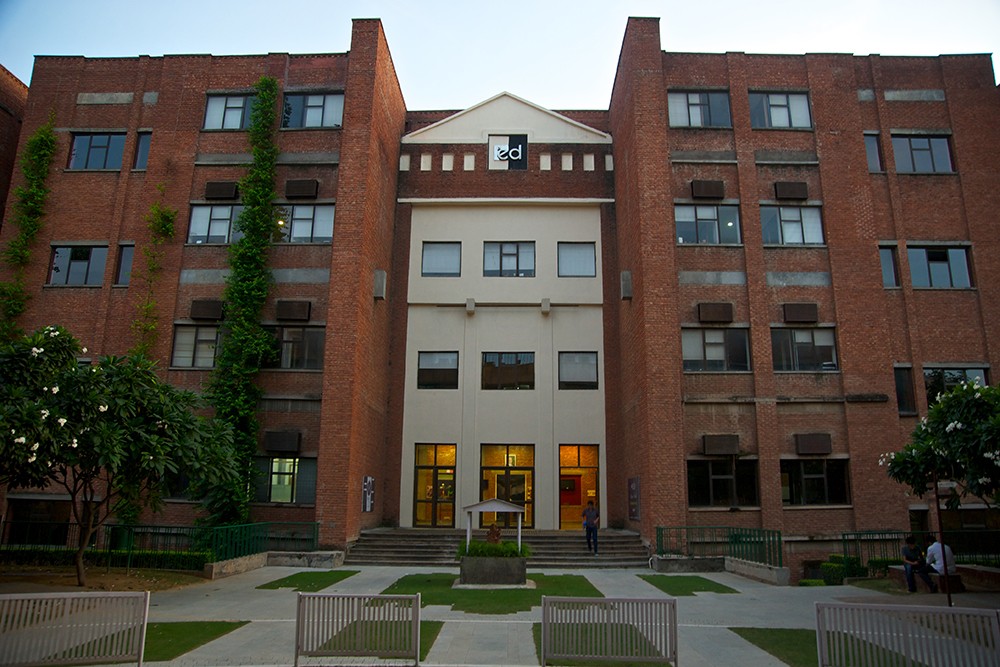
IILM Notes 27th August 2020
Let’s stay connected
Thursday 27th August ‘20
Economy and Business
Current trends in stocks, housing and retail don’t reflect a recession, but this is no ordinary recession. There are a few other things that will stand out: How swiftly it came, that it was government induced, and how aggressively policymakers responded. Economist Steve Blitz at TS Lombard thinks “the real recession has yet to emerge” and will come when the long-term repercussions of the current situation are felt. Covid-19 pandemic era is setting new standards for what an economic downturn looks like. Here’s why this recession has been different from any other
Sir Isaac Newton, upon being sucked into investing during the South Sea Bubble, reflected that he could “calculate the motions of the heavenly bodies but not the madness of people”. From tulip mania in 17th-century Amsterdam to railway fever in Victorian Britain, history is littered with tales of investors who lost their heads shortly before they lost their shirts, in the grip of mass delusions described by Alan Greenspan, a former chairman of the Federal Reserve, as “irrational exuberance”. Bubble hunting has become more art than science
Management and Leadership
Where does innovation come from, and is there a universal framework that can be applied to help consistently make big breakthroughs? According to innovation firm Doblin, most big breakthroughs in history comprise some combination of 10 types of innovation. 10 Types of Innovation: The Art of Discovering a Breakthrough Product
Rajeev Misra, head of SoftBank's $100bn Vision Fund, shares his thoughts about the future of investing. Speaking to Florin Vasvari, Professor of Accounting and Academic Director of the Private Equity Institute at London Business School, he says he is confident growth will return to the businesses and sectors positioned to use digital innovations to roll out new services and create new value in a hi-tech world. On-demand digital business is the future
Higher Education
We’re living in an age where we’re seeing the disappearance of existing structures, patterns, codes, rules, and institutions that once provided stable foundations in society and guided people’s behaviors. The late sociologist Zymunt Bauman described this phenomenon in his book Liquid Modernity. The world we are living in has become liquid in many dimensions, including economic, social, geopolitical, environmental, technological, and educational. In a world where disruptions can occur at any time, academic institutions must be ready to adapt. The Future of Education: Everything Is Liquid
For students, covid-19 is making life difficult. Many must choose between inconveniently timed seminars streamed into their parents’ living rooms and inconveniently deferring their studies until life is more normal. For universities, it is disastrous. They will not only lose huge chunks of revenue from foreign students but, because campus life spreads infection, they will have to transform the way they operate. The Absent Student
Health
Bill Gates had long warned of the risk that a new virus would go global. In a conversation with the editor-in-chief of the Economist, Zanny Minton Beddoes, he talks about vaccines and explains how and when the covid-19 pandemic is likely to end. Covid-19: Bill Gates predicts the end of the pandemic
We’ve known from the beginning how the end will arrive. Eventually, the coronavirus will be unable to find enough susceptible hosts to survive, fading out wherever it briefly emerges.In what may be the world’s most important math puzzle, researchers are trying to figure out how many people in a community must be immune before the coronavirus fades. What if ‘Herd Immunity’ Is Closer Than Scientists Thought?
One of the best things that you can do to boost your immune system is head to bed, says sleep scientist Matt Walker, a brain scientist trying to understand why we sleep. In his TED Talk he discusses how sleep can improve our capacity to fight disease. How sleep can improve your immunity?
Managing Yourself
Music has the ability to soothe, energize, and even to improve your memory. And tapping into its power is as simple as turning on your radio. Listening to music or playing an instrument engages multiple parts of your brain – and can help your mood and memory. Music to your brain
From IILM
Dr Megha Pushkarna, Assistant Professor, Psychology and Kriti Manektala, Student at IILM University, provide a different perspective into our education system and why it needs immediate reform. They discuss how each student is different and one assessment type can’t be used to assess every individual’s abilities. Reforming Our Education System
Dr. Pallavi Singh, Associate Professor, Biotechnology at IILM CET throws light on the promising career options available to the students in biotechnology and the vast impact the stream has on our everyday lives. Recombinant DNA technology, computer aided designing, stem cell, genomics, proteomics etc. are changing the world around us.
Finally…
Pandit Birju Maharaj ji, the legendary exponent of the Kathak dance and a singer par excellence, has received many honors and awards including the Padma Vibhushan from the President of India. In 2009 Pandit Birju Maharaj was presented the Sanatan Nritya Samman by the Sanatan Sangeet Sanskirti, a cultural organisation founded by Dr Kulwant Rai. Panditji who has had a long association with Dr Kulwant Rai and his family, gave a mesmerizing performance that evening, some of which is captured in these recordings… Part 1, Part 2, Part 3, Part 4, Part 5
Thank You for reading. Stay positive, happy and healthy and take good care of yourself.
We would like your feedback. Please email your thoughts and suggestions to notes@iilm.edu
To view this article on LinkedIn, please click IILM Notes